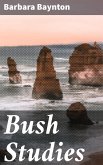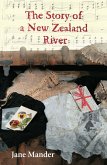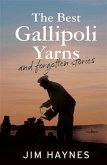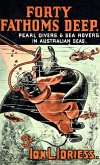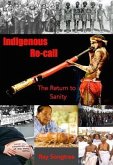Barbara Baynton's "Bush Studies" is a seminal collection of short stories that offers a stark portrayal of life in the Australian bush during the late 19th century. Written with a raw and unflinching literary style, Baynton's narratives challenge the romantic notions often associated with rural Australia. Her vivid descriptions and masterful command of language transport readers into a world marked by hardship, resilience, and the complex interplay of gender and landscape. The stories explore themes of isolation, survival, and the often brutal realities faced by women, positioning them within the broader literary context of Australian realism and feminist literature. Barbara Baynton, an influential yet frequently overlooked figure in Australian literature, was born in 1857 and spent her formative years in a remote rural environment. This personal background informed her writing, as she drew inspiration from her own experiences of the harsh and unforgiving bush life. Baynton's unique perspective as a woman navigating a male-dominated landscape empowers her storytelling, allowing her to convey the emotional and physical struggles of her characters with authenticity and depth. "Bush Studies" is essential reading for those interested in the intersections of gender, geography, and societal expectations. Baynton's powerful prose and poignant insights invite readers to reconsider the narratives surrounding women's experiences in the Australian bush, making this collection not only a significant literary work but also a crucial commentary on historical and social issues that resonate to this day.
Dieser Download kann aus rechtlichen Gründen nur mit Rechnungsadresse in A, B, BG, CY, CZ, D, DK, EW, E, FIN, F, GR, H, IRL, I, LT, L, LR, M, NL, PL, P, R, S, SLO, SK ausgeliefert werden.



